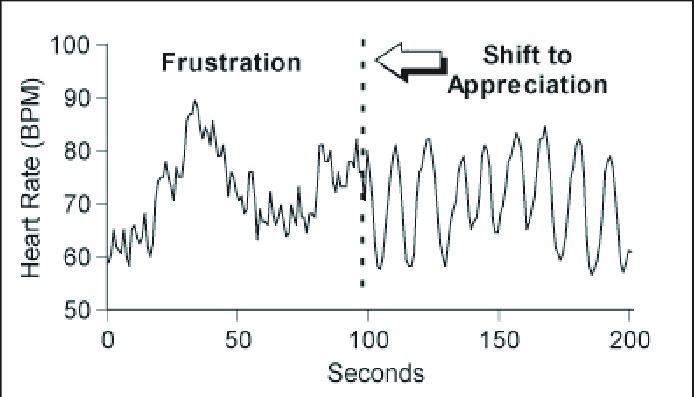Home > Anger > How Anger Impacts Your Health
Anger is a very powerful emotion and it’s important for you to be able to control it. Leaving anger uncontrolled and allowing it to build up can have an immediate impact on your health with symptoms such as headaches, high blood pressure and palpitations. However, like stress, if anger issues unresolved and unchecked, the long term impacts on your health are even more severe.
How Anger Impacts Health

Higher chances of stroke and heart attacks. When angry, your body releases cortisol, which is also known as the stress hormone. It causes blood vessels to constrict and increases your perception of pain. As a result, when you’re angry, you experience headaches, elevated heartbeat, high blood pressure, etc. Moreover, 100 seconds of anger cause irregular and rapid fluctuations of your heart rate. If these issues are recurring due to constant and unchecked anger, you risk your blood vessels getting clogged and damaged, leading to higher chances of stroke and heart attacks.

Weakened immune system. When angry, your immune system is under attack and weakened. In fact, even a few minutes of anger can cause the concentration level of your immunoglobulins (antibodies that fight infection) to go dangerously low and not come back to normal even after 6 hours have elapsed since the time you were angry. Hence, long term anger issues can deeply affect your immune system, making you susceptible to migraines, diseases like COVID-19 and in some cases, even cancer. In order to keep yourselves secure and healthy, it’s key to be able to manage and reduce it.

Depression and chronic anxiety. When you’re angry, your thoughts and emotions are all over the place. Serotonin (feel-good hormone) levels go down, making you feel unhappy. In fact, when you’re angry, the first part of your brain that is aggrieved is your amygdala. This is the same part of your brain that regulates anxiety When you remain angry for a long time and if your temper issues remain unchecked, it can lead to chronic anxiety and even cause depression. This depression comes with its own range of problems which are detrimental to you. Hence, it’s key to learn anger management strategies and be able to manage it before it’s too late.
Digestive issues. Your gut has its own complex network of neurons which allow it to behave like a second brain. When faced with any extreme emotion such as stress or anger, your gut swells up. This is why you may face abdominal pain when angry. The amount of blood your gut receives when angry also reduces, as does your overall metabolism. Hence, a major long term effect of anger includes digestive problems and diseases such as irritable bowel syndrome (IBS) and stomach ulcers. Hence, it’s key to control anger now, or it’ll be difficult to digest in the future.
Weakened lungs. A classic sign of feeling angry is a rise in breathing rate and sometimes, breathlessness. However, increased cortisol levels in your body can create inflammation in the airways. As a result, your lungs have weakened air capacity and a higher risk of respiratory problems. In order to keep your airways and lungs healthy, say no to anger and yes to happiness.
Anger is dangerous when unresolved, be it in the short or long run. It’s important to understand your anger and learn how to control it. Moreover, if you’ve had a long day and may be susceptible to a temper, it’s good to destress yourself and balance your body and mind. Meditation is a great way to manage anger and find calmness within the chaos.
Evolve’s guided audios help you respond mindfully to anger rather than react blindly, while calming you down within minutes. The Evolve app is now live globally on Android & Apple, click here to try for free!
With over 300 articles published on Evolve. Jash is one of the most viewed writers on topics such as Sleep, Mindfulness and Stress. Drop a mail at Jash@evolveinc.in to connect with him.